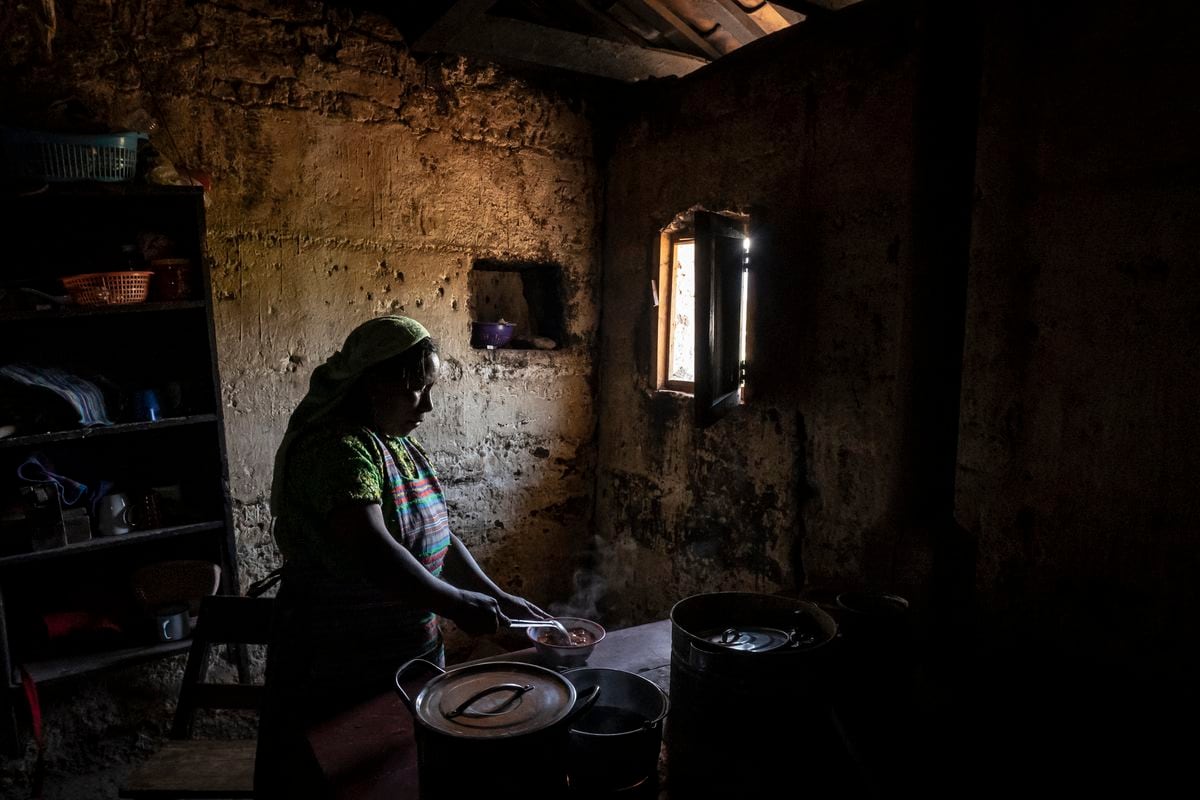The question in the title has a short and direct answer: yes,
Argentina is the country with the greatest polarization
.
Or, at least, this was determined by the Global Report
"Navigating a polarized world",
carried out by the Edelman communication agency (founded in 1952 and based in Chicago) in 28 countries.
To explain it as quickly as possible, some essential data from the study: it included 32,000 respondents from the United States to France, Spain and the United Kingdom in Europe;
China and Japan in Asia;
Nigeria and Kenya in Africa;
and Mexico, Colombia and Brazil in America, among others.
The questions worked on four premises, considered the causes of polarization: Economic anxiety, Institutional imbalance, Class division and Fight for the truth.
And what did the results for Argentina indicate?
Let's see.
Confidence in the government barely reached 20%
, the lowest rate among the countries surveyed.
South Africa and Japan ranked slightly higher (Japan's case is worth watching; its society seems to be going through a period of deep pessimism).
Let's continue with Argentina.
43% responded positively to the slogan "My family and I will be better off in five years", which would not be bad, were it not for the fact that there was a drop of 17 percentage points compared to the same slogan in 2019 (beginning of the current government).
And in what is perhaps the most striking data, Argentines are located in the lowest levels of trust in the government, companies, NGOs and the media, regardless of income level.
That is to say,
the richest and the poorest disbelieve equally in the institutions.
The consequence of this widespread shared distrust is unequivocal.
Argentina appears at the highest point and by far in the “Severe Polarization” category
, followed by Colombia, the United States, Spain, South Africa and (surprise) Sweden.
With the numbers, the Spanish columnist and writer Sergio del Molino tried an original look in the newspaper
El País
: "The surprise, for me, is in the group of countries where polarization does not exist or is irrelevant," he wrote.
Take note: Indonesia, China, Saudi Arabia, Singapore, Malaysia, United Arab Emirates and India.
Of all of them, the only truly democratic (and putting quotation marks) is the last one”.
And he concluded:
"No democrat should see conflict and discussion as a problem."
.
So is polarization good news?
There is no need to hurry.
Del Molino adds: “The only danger for a democracy is that those who argue become convinced that there is a better way to live together than perpetual discussion (...).
Things get ugly when some have the illusion of living without the others.
The final description better fits the reality that for years (the conflict between Cristina Kirchner and El Campo in 2008 can be pointed out as a turning point) built Kirchnerism in Argentina.
Polarization, not as a sign of healthy debate, but as
a reaction and consequence of the desire to impose a single voice.



/cloudfront-eu-central-1.images.arcpublishing.com/prisa/FKMVIPMZEFFIDGMU5MJJ4OHT5M.JPG)










